cares trade-policies

The European Union, which is home to the world's largest boozers, has a variety of programs to discourage alcohol consumption. But helping Americans with an EU subsidy to help the Dutch neutral does not seem to be a problem. The Dutch State Secretary Blokhuis of Health thinks the subsidy is therefore inappropriate, he says in a response.

The EU delegation of the European Union to South Africa has requested European alcohol producers to carry out “activities…..around risks of alcohol abuse and mitigation measures” following changes in Government alcohol policy introduced in South Africa in response to the Covid- 19 pandemic. This is understood as requesting them to participate in designing a strategy to influence alcohol policy in the South Africa and the EU delegation to South Africa appears to have offered to part fund the project.
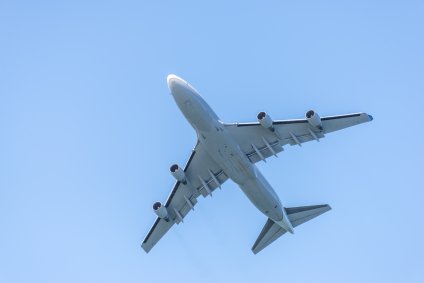
In 2019, Eurocare organised two events (one in Palma and one in Brussles) to draw attention to the issue of unruly passengers and excessive alcohol consumption during the holidays. It is with great pleasure that we observe entry into force of Montreal Protocol 2014 (MP14), it will become binding on 1st January 2020.
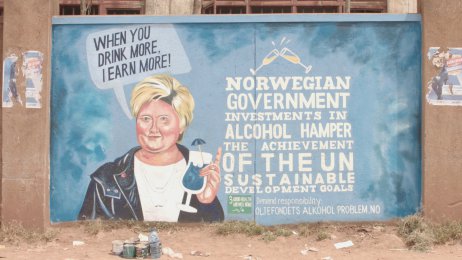
Four Norwegian NGOs are running a new campaign putting Norwegian politicians, if not up against the wall then up on the wall, to exclude alcohol investments from the government's “Oil Fund”. The message of the campaign is that these investments go contrary to achieving the Sustainable Development Goals (SDGs).

Measures in the Act amending the Alcohol Act are in line with the latest evidence base in the field of alcohol policy. Finland has a well-functioning alcohol policy grounded in public health, of which the national alcohol retail monopoly is a key element. Opening cross-border sales to delivery beyond the alcohol monopoly retail system would in practice lead to dismantling the alcohol retail monopoly.
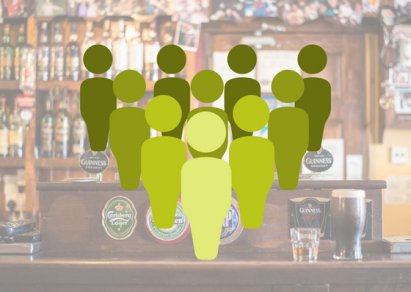
Friday (20 July) marked the close of the EU Commission’s TRIS notification procedure on Ireland’s amended Public Health Alcohol legislation, and the ending of the ‘Standstill’ period that delayed enactment of the legislation.
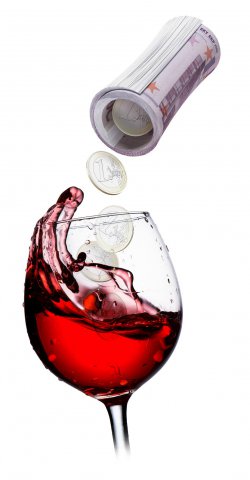
Eurocare published a report on wine promotion subsidies under EU’s Common Agricultural Policy, calling for EU lawmakers to phase out this costly market intervention. The report entitled ‘Europe’s billion-euro wine spillage’ highlights the problems of cost inefficiency, public health risks, alcohol ads targeting youth and funds misuse, to mention some.
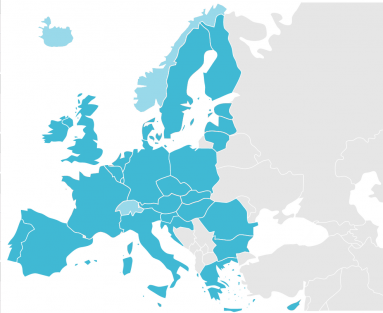
Estonia is facing a similar situation where Finland has been the last 15 years when a large number of its population (but still a minority) is getting its alcohol from a neighbouring country. For Finland, the source of cheap booze has been Estonia and for Estonia, it is now Latvia.
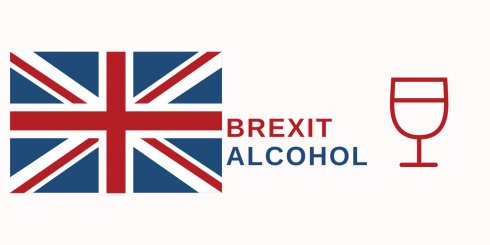
The Institute of Alcohol Studies has released a new report, it summarises the main ‘asks’ of industry and public health groups on alcohol policy post-Brexit, and identifies likely areas of conflict